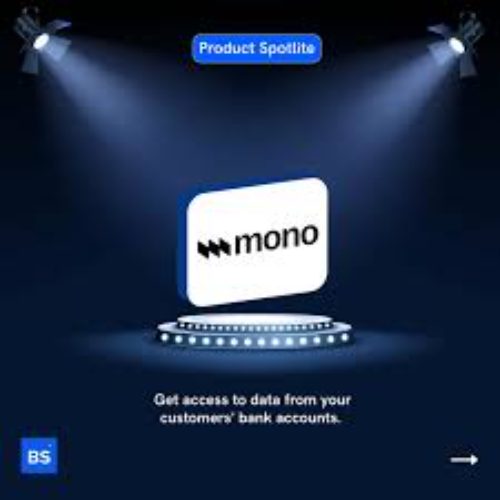
Abdulhamid Hassan, the visionary leader behind Mono, is steering a data-driven startup that aims to enhance Africa’s digital economy. The company gained attention early on, thanks to raising $500,000 in a pre-seed round and securing a spot in the globally renowned Y Combinator accelerator program, which provided $125,000 in exchange for 7% equity.
Mono is part of a new wave of startups, alongside peers like OnePipe and Okra, that help businesses access customer financial data. This positions them at the center of Nigeria’s growing conversation about Open Banking—a regulatory framework compelling banks to share customer transaction data with third-party fintech firms.
Abdul Hassan’s Perspective on Open Banking
Abdul views Open Banking as a game-changer for financial inclusion and innovation in fintech. He supports the Central Bank of Nigeria’s (CBN) recent draft regulations, which encourage data-sharing as a way to foster competition and inclusivity in the financial sector. By making customer transaction data accessible, the initiative allows individuals to make more informed choices about banking services while enabling fintechs to develop innovative, customer-focused solutions.
However, the concept raises concerns about incentives. Abdul emphasizes the need for banks to receive adequate motivation to share data. He argues that while banks may comply with CBN directives, their cooperation might lack scalability unless properly incentivized.
Currently, most Nigerian banks lack public APIs, which are crucial for seamless integration of financial data into third-party applications. Abdul even challenges a PwC report estimating that integration timelines take weeks or months, suggesting it could take years due to the absence of foundational systems. Despite this, Mono has found ways to work around these limitations, though Abdul remains tight-lipped about their methods.

Y Combinator’s Impact on Mono
Mono’s participation in Y Combinator’s Winter 2021 cohort was a turning point. As one of 10 African startups in the program, Mono had the opportunity to present to over 4,000 investors during Demo Day. According to Abdul, this exposure accelerated their ability to form strategic partnerships and secure funding, something that would have taken significantly longer without YC’s backing.
Abdul stresses the importance of knowing your business inside and out before applying to Y Combinator. From understanding metrics to articulating your unique value proposition, preparedness is key to navigating the rigorous application process.
Beyond Open Banking: Mono’s Vision
While Open Banking aligns with Mono’s work, Abdul clarifies that their mission extends beyond it. Mono aims to “power the internet economy in Africa” by bridging the gap between businesses and individuals as the continent embraces greater internet access.
One of Mono’s core offerings is providing APIs that enable businesses to access customers’ financial information securely, a feature crucial for services like digital lending. As part of its broader Pan-African vision, the company is preparing to expand operations to Ghana and Kenya. Additionally, Mono is launching MyPass, a new product designed to simplify Know Your Customer (KYC) processes and streamline onboarding for businesses.
Mono’s journey reflects the transformative potential of Open Banking and the broader push toward a connected digital economy across Africa. Through innovation and strategic expansion, the company is positioning itself as a key player in the region’s fintech ecosystem.


